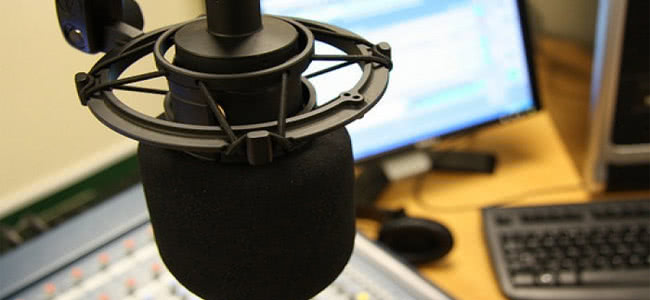Following on from reporting on a record breaking 2012, distributing $29 million to registered Australian artists and record labelsmarking a 13% increase on the $25.6M that was distributed in December 2011; the Phonographic Performance Company Of Australia (PPCA) have claimed another win for Australian music.
Yesterday the PPCA won a Federal Court appeal that allows them to seek license fees from Commercial Radio Austraila (CRA) for internet simulcasts, meaning that broadcasters can’t use pre-existing license fees for their streams, but instead will have to pay additional royalties to the PPCA and the artsits and labels it represents in order to use their music in simulcasts.
The fees enabled by the ruling will not be bound by the statutory cap, which applies to standard broadcasting licenses which “limits the maximum amount commercial radio operators can be asked to pay for broadcasting music to just 1% of their gross income,” a copyright legislation first implemented back in 1968, and a ruling the PPCA had fought to remove.
The unanimous ruling from the Federal Court declared that musicians should be entitled to receive royalties when commercial radio streams music online, agreeing with the PPCA’s declaration that “internet simulcasts of radio programs fall outside the definition of a ‘broadcast’ under the Copyright Act and are therefore not covered by existing licences granted to Australian commercial radio stations,” in the words of the body’s press statement.
“This is an important win for artists and labels whose music is used widely on the internet to help drive profits for Australia’s radio industry,” said PPCA (and ARIA) CEO Dan Rosen. “We have strongly argued that music streamed by radio stations on the web should be treated separately.”
“This is an important win for artists and labels whose music is used widely on the internet to help drive profits for Australia’s radio industry.” – Dan Rosen, PPCA
“Australia’s radio networks simulcast their leading programs via the web and on digital devices accompanied by advertisements and other revenue opportunities. As the range of devices increases, listening audiences and revenue opportunities are growing,” explains Rosen.
“Music is an essential component in all of this – it helps to attract audience numbers and build loyalty soit is important that artists and labels receive a fair share,” he adds.
As ABC News points out, the new Federal Court decision overturns the ruling made a year ago that claimed commercial radio did not have to pay separate licensing fees, the court ruled in favour of CRA in February 2012 saying that simulcasts were broadcast within the definition of that term in the Copyright Act.
Now, twelve months the court hearing has re-focused on the legislative determination made by the Minister for Communications in 2000, that a “broadcasting service” does not include a service that makes radio programs available using the internet.
In contrast, the unanimous decision by judges Anthony Besanko, Arthur Emmett, and David Yates concludes: “the delivery of the radio program by transmission from a terrestrial transmitter is a different broadcasting service from the delivery of the same radio program using the internet.”
PPCA’s successful appeal means musicians and labels “be they big or small, will be able to get a commercial fair return when their work gets used by commercial radio online,” said Dan Rosen. “It will bring us into line with what’s happening in other big markets around the world.”
Speaking to The Music about the Federal Court’s new definition and ruling in favour of the PPCA, CRA CEO Joan Warner said: “we are disappointed with today’s Federal Court decision but it’s too early to make further comment until we look at all options.”

































